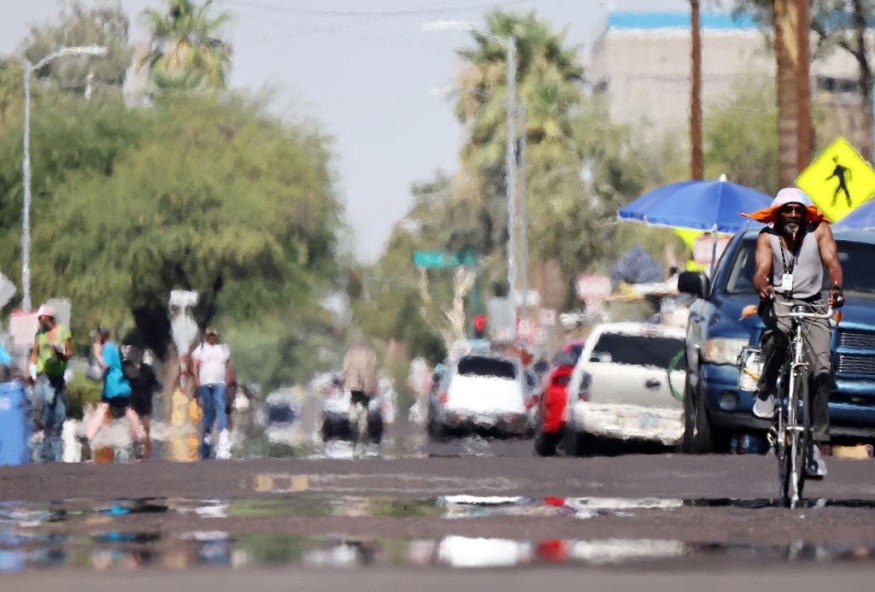The rising concerns of climate change can cause extreme heat waves in the US. Prolonged exposure to heat can lead to heat stress and heat stroke. High temperatures can become problematic for wildlife.
Americans are no stranger to frequent extreme weather events, especially the following:
- Drought
- Wildfires
- Heatwaves
- Hurricanes
- Severe Storms
Experts explained that climate change can influence the global climate. People can experience intensifying heatwaves, wildfires, drought and hurricanes. The frequent extreme weather can make it more challenging for cities to prepare, and more damage can happen.
In the US, the recent report warned of frequent extreme heatwaves in the US due to climate change effects. El Nino and global warming can likely contribute to warmer winters, causing a lack of measurable snow in the country.
Climate Change And Frequent Heatwaves

Heatwaves can kill people, especially older adults, outdoor workers, children and people with medical conditions. As a result, the National Weather Service (NWS) reminded Americans to avoid prolonged exposure to scorching heat.
The research findings were published in the Nature Cities journal. The study looked into the intensifying heatwaves in the US due to rising greenhouse gas emissions.
In 2023, Phoenix and California experienced brutal heatwaves in July. The forecast monitored that the city recorded at least 110° F in about 31 consecutive days, causing heat-related advisories in the region.
Researchers emphasized the need for adaptation and mitigation strategies in the US to address the rising concerns of heatwaves, especially in the Northeast, Southeast, Great Plains, Southwest and Midwest.
Effective mitigation efforts are crucial to stay safe from deadly heat waves. The report showed that having cool roofs and plants will help lessen heat exposure.
In addition, researchers explained the importance of mitigation techniques and adaptation. Based on the computer models, understanding climate conditions and urban expansion can assist policymakers.
As heat becomes hotter, efficient adaptations are essential to prevent heat-related impacts, especially for vulnerable cities and sectors. Cities should work together to develop plans, including planting of trees and sustainable plans.
Rising temperatures can likely affect wildlife and coral reef system. Changing ocean temperatures can become problematic for corals that can suffer from health decline.
How Can Americans Prepare for Challenging Heat
Americans should stay updated with the latest forecasts in the US to anticipate the effects of climate change and frequent heatwaves. Homeowners should also watch out for drought conditions and raging wildfires due to rising temperatures.
People should also check their heating system and keep plants to ease extreme heat.
Related Article : Reducing Air Pollution Benefits Plants' Ability to Fight Climate Change
For more similar, don't forget to follow Nature World News
© 2025 NatureWorldNews.com All rights reserved. Do not reproduce without permission.





